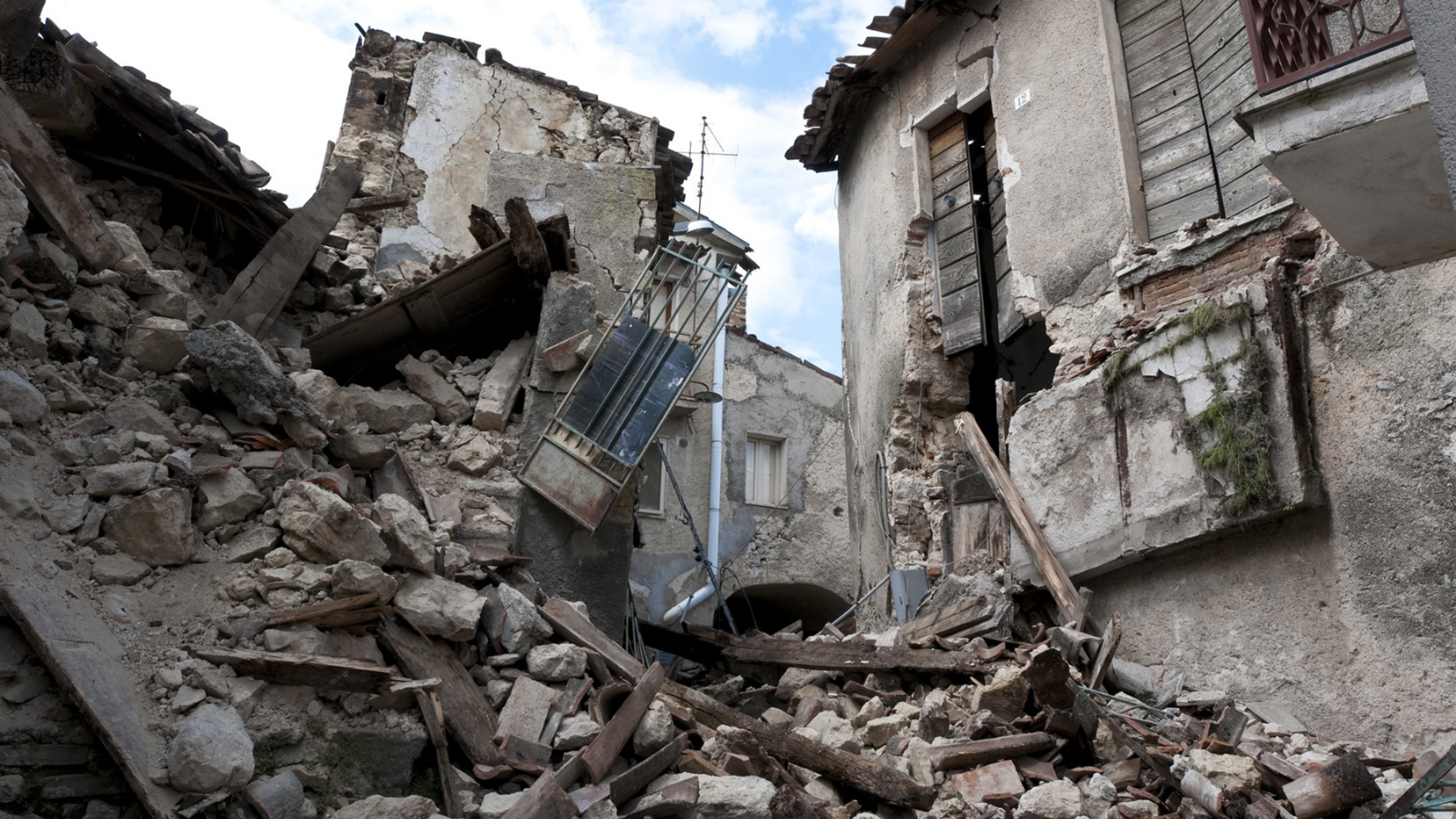Turkey and Syria earthquake: Effective donation advice
The news that is currently reaching us from Syria and Turkey is devastating. The number of victims is revised upwards almost every hour. As of this writing, there are already over 20,000 deaths reported. The images are even worse, such as the photos of rescuers recovering bleeding and distressed infants from the rubble. And perhaps worst of all, imagining people still lying beneath the ruins calling for help while their loved ones try to reach them with their bare hands.
With the pictures and the news, human suffering reaches us unfiltered. What is happening there is beyond imagination.
Many people worldwide want to help and are looking for ways to support the rescue work through donations.

The challenges of disaster relief
Experience shows that acute disasters accompanied by heartbreaking images trigger a desire to help in many people. In countries around the world, this can lead to enormous amounts of donations.
However, a very high volume of donations triggered by an acute disaster can sometimes lead to individual organisations receiving more money and supplies than they can reasonably process.
The horrific earthquake in Haiti in 2010 is an example of this. The overwhelming global support response meant that billions of aid funds had to be spent in Haiti, even when there were no longer any meaningful uses for the money. These organisations are often legally obliged to use the donations for the purpose defined by the donor — even if it no longer brings the recipients value.
The “silent” catastrophes
At the same time as events such as those currently occurring in Turkey and Syria, other “silent” catastrophes are taking place worldwide. Unlike earthquakes, they do not suddenly appear — they have always been there. They rarely feature in international reporting because the newsworthy angle is missing and there is a lack of powerful images that capture attention.
One of these silent catastrophes is the young children dying daily from preventable diseases. More than 1,300 children die every day from malaria alone, which can be prevented by providing simple interventions like mosquito nets. These deaths are like an earthquake occurring every day. And because this suffering goes largely unnoticed by the world, donations in fields like this are low — even though the life of a child can be saved here with just a few thousand dollars, and many more children can be saved from pain and suffering.
But you can also look at it differently: Precisely because the high infant mortality rate from malaria is not the subject of ongoing reporting and the amount of donations is low, an individual can achieve a great deal here with their donation.
This is why Giving What We Can continue to recommend their top-rated charities, even in light of current disasters. The brutal and heartbreaking truth is that we do not have enough resources to help everyone. We believe individuals are likely to do more good by donating to these ongoing “silent” catastrophes.
What to consider when deciding to donate to the crisis in Turkey and Syria
Understandably, we strongly desire to contribute to acute crises, even when it is not where the money could make the most significant difference.
If you choose to donate to the situation in Turkey and Syria, here are some general tips to ensure your money goes the furthest.
Support an organisation with skills and experience.
Before donating your money to a charity, you should research to ensure they are running a well-coordinated effort with a professional approach and experience. If you can’t find an independent third-party evaluation, consider donating to a charity with better evidence supporting its work.
Act effectively, not reactively.
Act with consideration instead of making a quick decision. Rather than donating to the organisations that reach you quickly through outreach, take the time to find organisations with a high level of competence and the most significant potential to make a difference with your contributions.
Make sure your contribution will be used where it is most needed — even if it is not for this specific crisis.
Crises that receive a lot of attention can lead to an abundance of charitable giving, which can mean that money is not the limiting factor in how much help can be given (instead there might be other operational factors). If you don’t earmark your gift for a specific disaster, the organisation can choose where your money can make the most significant difference. Experience shows that money is sometimes left unused (as in Haiti in 2010).
Choose charities with high transparency.
Ensure that your gift will be used effectively by reviewing how the organisation reports its efforts and results.
Added 15 Feb 2022: Our friends at EA Turkey have compiled a list of local organisations that may be well placed to help during the current disaster. These organisations have not been looked into for their effectiveness but we are sharing this list as potential organisations to look into if you did want to support the recovery efforts.
Thank you to Stefan Shaw and Louise Kihlberg for authoring this post.
Stefan Shaw is the Founder and Head of Philanthropy at Effektiv Spenden.
Louise Kihlberg works with communications for Ge Effektivt in Sweden.
You can find Stefan’s article in German and Louise’s article in Swedish.